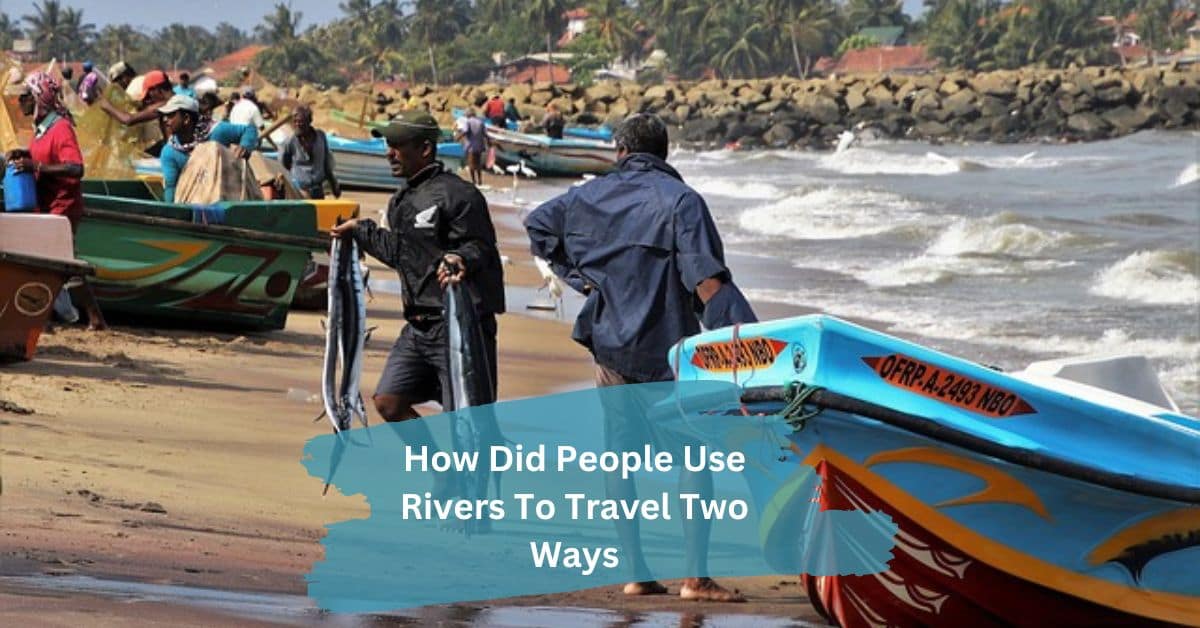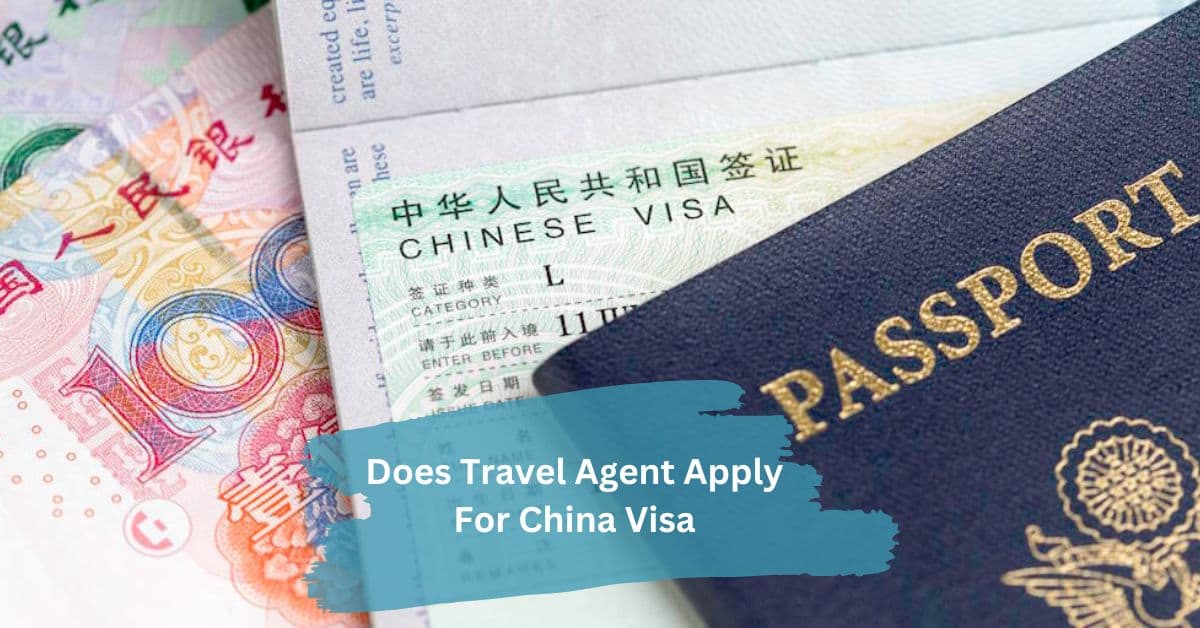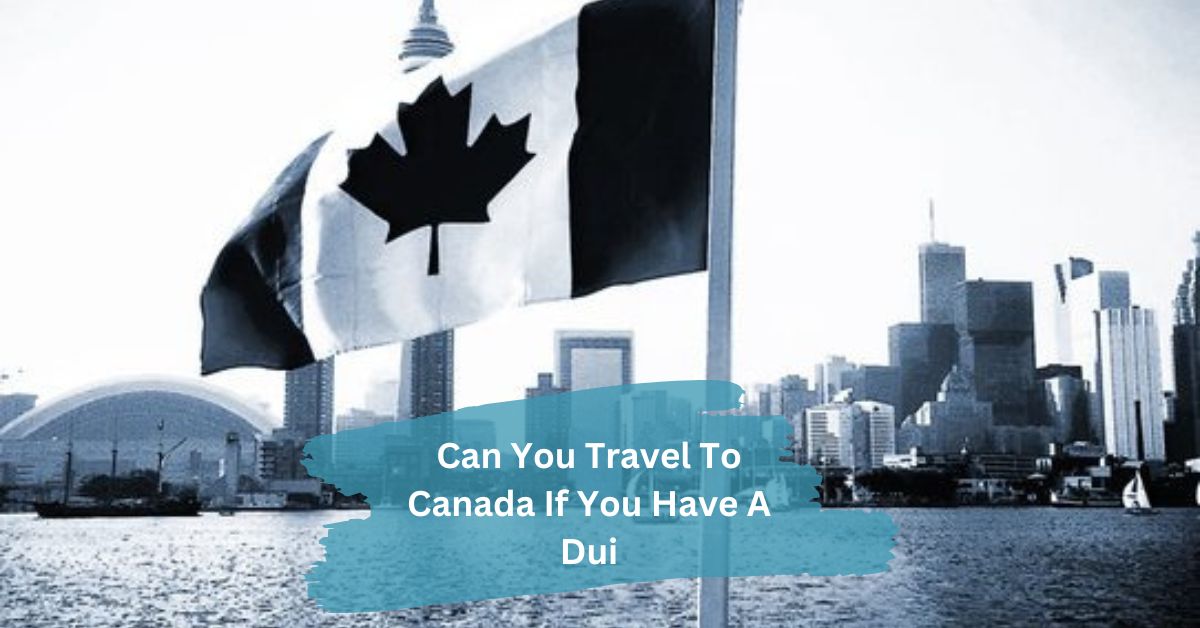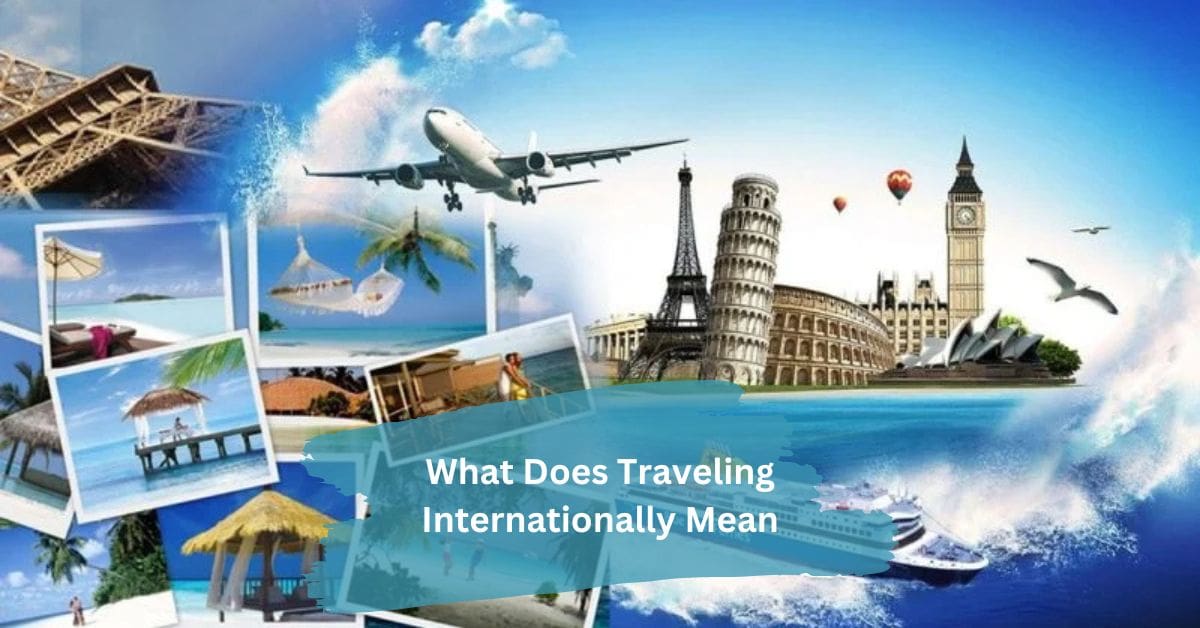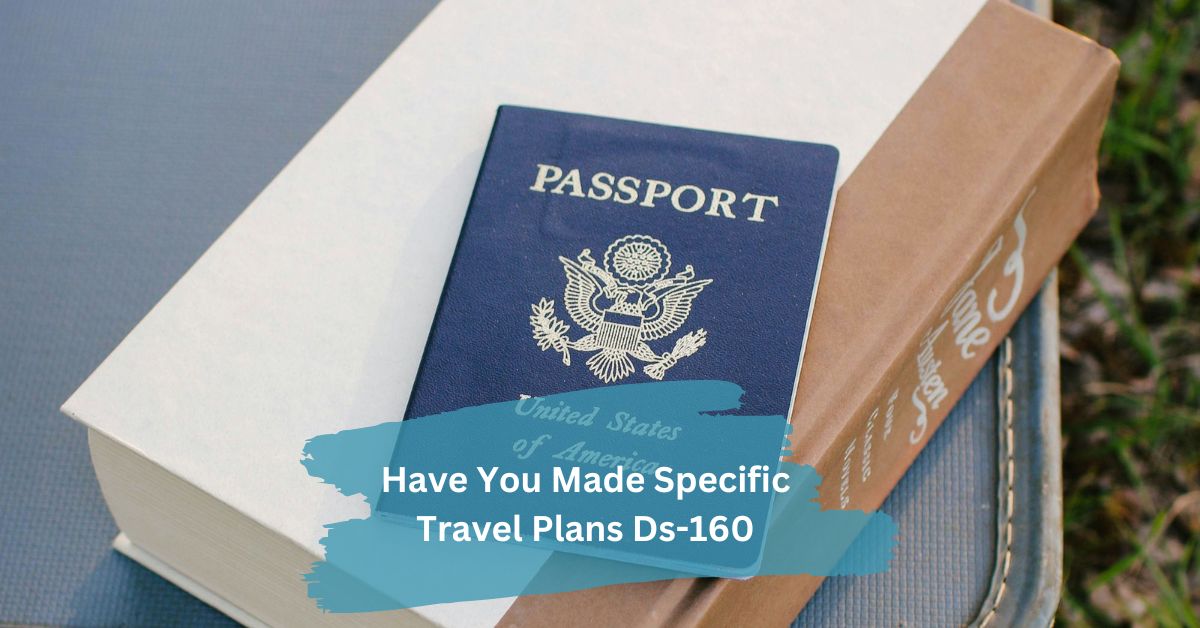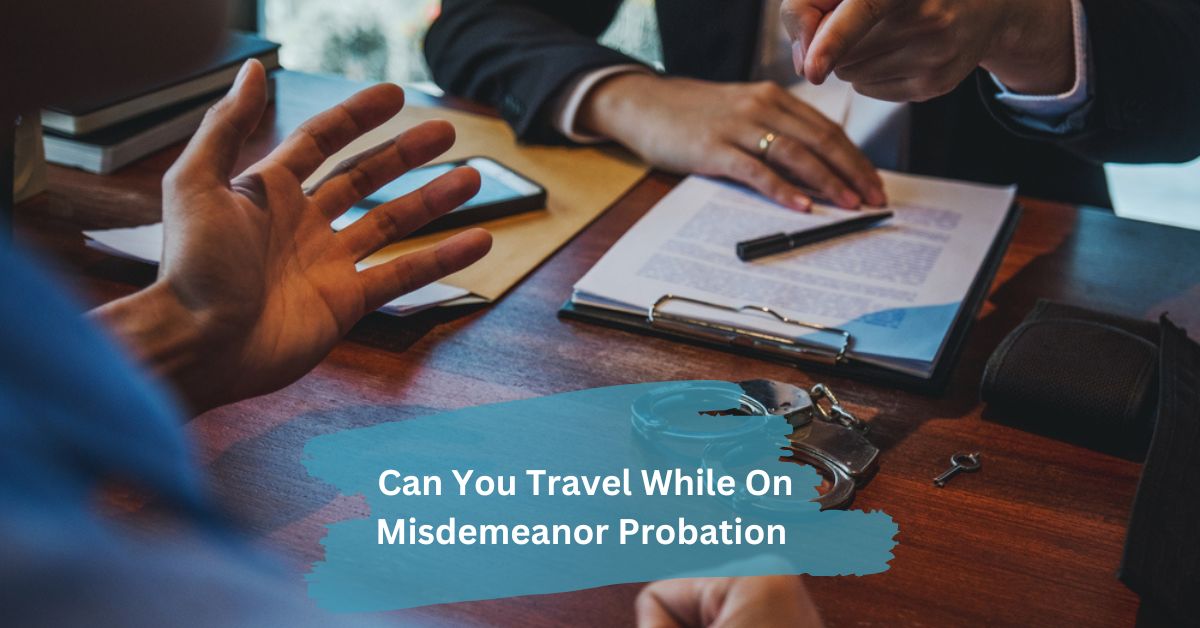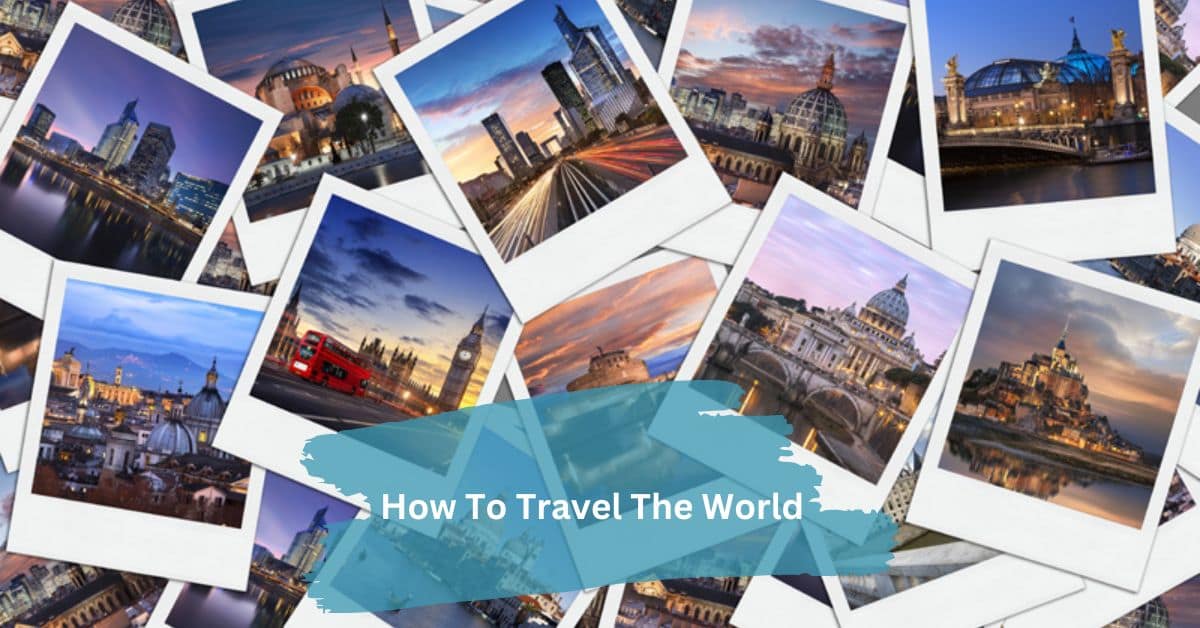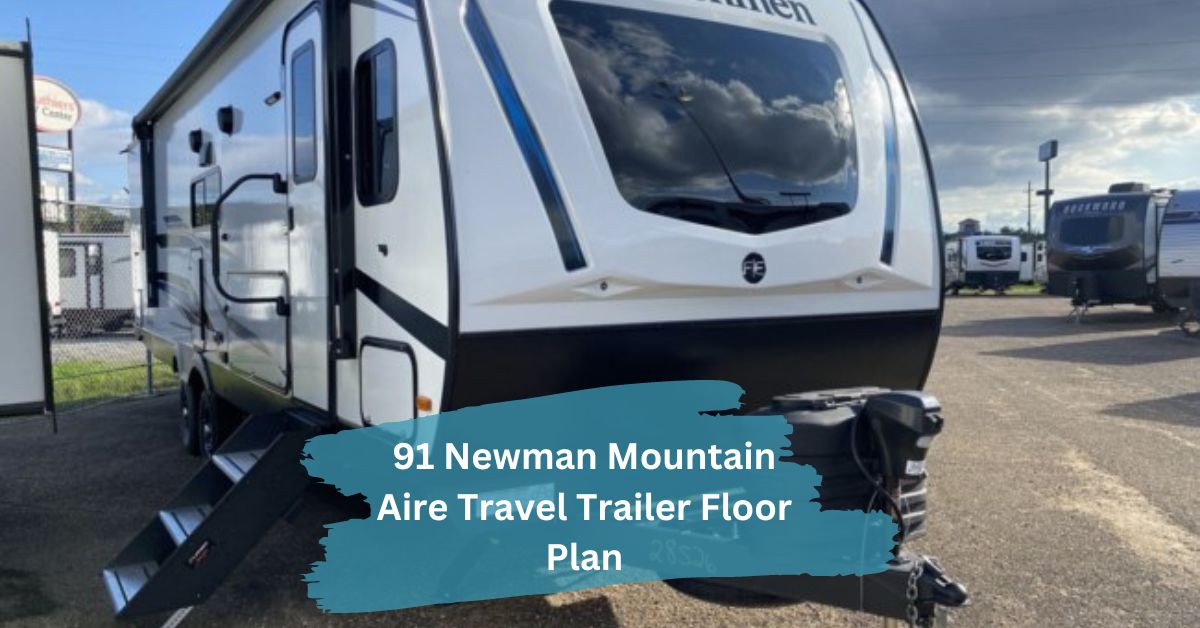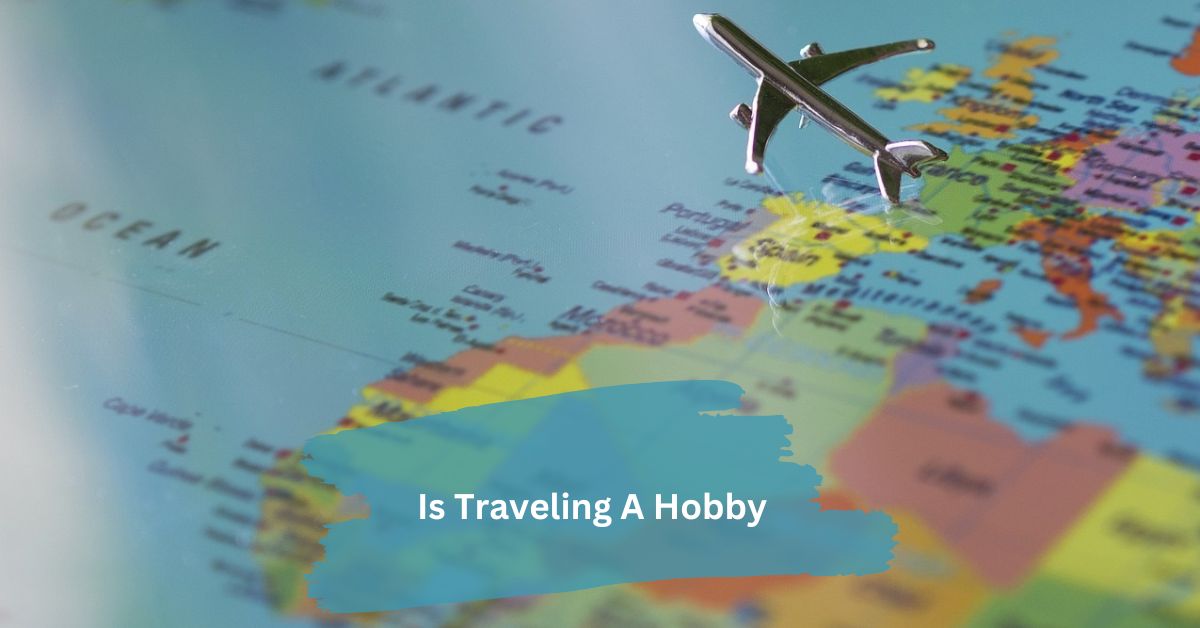
Traveling has become a favorite hobby of mine, enriching my life with diverse experiences and connections. Each trip fosters personal growth and a deeper appreciation for the world around me, proving that traveling is a hobby that inspires and transforms.
Yes, is traveling a hobby? Of course! It involves exploring new places, cultures and experiences, making it a rich and fulfilling pastime.
Introduction To Is Traveling A Hobby
Is traveling a hobby? For many, the idea of exploring new places, tasting different cuisines, and immersing yourself in diverse cultures goes beyond just a pastime—it becomes a passion, even a lifestyle. While hobbies are typically seen as activities that fill our free time, travel offers experiences that shape who we are, broaden our perspectives, and create lasting memories.
In today’s world, where travel has become more accessible, more people are questioning whether this love for exploration can be considered a simple hobby or something deeper. So, is traveling just a fun way to spend weekends and holidays, or does it take a deeper place in our lives? Let’s dive into what makes traveling such a unique thing and why so many people call it their favorite “exercise.”
Benefits Of Travel: Why Traveling Is A Great Hobby
Traveling as a hobby offers many benefits that go beyond the temporary thrill of exploring a new destination. Here’s a closer look at some of the key reasons why traveling provides such a fulfilling and life-enhancing pastime:

1. Personal Growth And New Perspectives:
Travel provides a unique opportunity for self-discovery and personal growth. It pushes you out of your comfort zone, helps you adapt to unfamiliar environments and face challenges. Each journey provides an opportunity to learn new skills, uncover hidden strengths, and see the world—and yourself—from a fresh perspective.
By experiencing different ways of life and interacting with diverse cultures, travel broadens your worldview and develops empathy, making you more adaptable and open-minded.
2. Mental And Physical Well-Being:
Travel is a powerful stress reliever that helps rejuvenate both body and mind. Escaping the daily routine allows for relaxation and mental clarity, which can reduce stress and increase overall health.
Travel often involves physical activities such as hiking, exploring, and engaging in local sports, which promote natural exercise and energy. These experiences improve not only physical health but also mental health, leaving you feeling refreshed, happy and satisfied.
3. Creativity, Inspiration, And Memories:
Travel sparks creativity and inspires new ideas. Exposure to different landscapes, cultures and art forms can stimulate creative pursuits and broaden artistic perspectives. Additionally, the memories made while traveling—whether it’s marveling at natural wonders or sharing stories with locals—become priceless experiences that surpass any material possessions.
Travel memories often bring a sense of fulfillment and joy, enriching life and deepening your sense of purpose.
How To Travel More & Make Traveling Your Hobby
If you want to make travel a regular part of your life, here are some practical tips to help you travel more often and adopt it as a hobby:

1. Set A Travel Budget And Save Consistently:
- Set aside a portion of your income specifically for travel.
- Use a separate savings account or budgeting app to track your progress.
- Choose budget-friendly destinations or off-season deals to maximize your savings.
2. Plan Shorter, Frequent Trips
- Take advantage of weekends or holidays to go early.
- Plan day trips, overnight stays, or weekend excursions to nearby destinations.
- Treat each trip as a mini-adventure to make traveling a more regular habit.
3. Use Rewards Programs And Travel Discounts:
- Sign up for airline, hotel, or credit card rewards programs to earn travel points.
- Research discounts on flights, accommodations and tours on travel websites or apps.
- Check out student or age-based discounts to save on travel costs.
4. Incorporate Travel Into Your Work Life:
- If possible, work remotely from different locations to combine work and travel.
- Plan vacations around holidays or long weekends to extend your travel time.
- Check if your job or industry offers travel opportunities that you can take advantage of.
5. Embrace A Minimalist Mindset:
- Prioritize experiences over material possessions to save more for travel.
- Cut back on unnecessary purchases to build a travel fund.
- Take a minimalist approach to simplify packing and planning for travel.
6. Learn To Find Adventure Anywhere:
- Explore local museums, parks, historic sites or nearby towns to build a travel mindset.
- Treat your local area as a place to explore and appreciate.
- Experience new things close to home while keeping the travel spirit alive without the long commute.
7. Connect With Other Travelers:
- Join online travel groups or social media communities to find inspiration and tips.
- Attend meetups or events with like-minded travelers to exchange ideas and advice.
- Build a network of travel buddies and stay motivated to plan your next adventure.
Health And Wellness Benefits Of Traveling As A Hobby
Traveling as a hobby offers numerous health and wellness benefits. It reduces stress by allowing you to escape the daily routine and recharge mentally. Exposure to new environments promotes physical activity, whether through hiking, walking, or exploring, which improves overall fitness. Additionally, engaging with diverse cultures and meeting new people enhances emotional well-being and increases happiness. Overall, travel promotes a positive mindset and can lead to a healthier, more balanced lifestyle.
Challenges of Traveling as a Hobby
While traveling can be an incredibly rewarding hobby, it also comes with its challenges. Understanding these barriers can help aspiring travelers better prepare and find solutions. Some of the main challenges associated with making travel a hobby are:

1. Cost Considerations:
One of the main challenges of traveling is the financial aspect. Travel expenses can add up quickly, including expenses for transportation, lodging, meals, activities and gifts. Unexpected expenses, such as last-minute flight changes or health problems abroad, can also arise. For some people, the financial burden of regular travel can limit their ability to do as much as they want.
2. Time Constraints:
Balancing travel with personal and professional responsibilities can be difficult. Full-time jobs, family commitments, and other obligations often limit the time available for travel. This can make it difficult to plan long trips or explore multiple destinations in a short period of time. Even short trips require time to plan and prepare, which can feel overwhelming for people with busy schedules.
3. Health And Safety Concerns:
Travelers face health risks that may vary depending on the destination. These may include exposure to unfamiliar diseases, the need for vaccinations, or food and water safety concerns. Additionally, security issues, such as crime rates or political instability in certain regions, can pose significant challenges for travelers. Ensuring personal safety and health while traveling often requires thorough research and preparation.
4. Logistical Challenges:
Traveling often involves a variety of logistical hurdles, from booking flights and accommodations to navigating transportation to your destination. Language barriers, unfamiliar customs, and different cultural practices can complicate travel plans. Additionally, dealing with transportation delays, lost luggage, or unexpected weather changes can add stress to the travel experience, detracting from the enjoyment of the trip.
How To Embrace Traveling As A Hobby
- Develop a travel mindset: View travel as an adventure and be open to new experiences, whether near or far.
- Set travel goals: Define specific travel goals, such as visiting a certain number of places each year or trying new activities, to keep you motivated.
- Plan and research regularly: Spend time researching places and making a wish list of places to explore. It keeps your travel wishes alive and makes planning easier.
- Embrace flexibility: Be open to spontaneous trips and adjust plans as opportunities arise, allowing for unexpected adventures.
- Connect with other travelers: Join travel communities to share experiences, tips and inspiration, enhancing your travels with the knowledge of others.
FAQ’s
1. Is Traveling A Hobby Or Not?
Yes, traveling can be considered a hobby when it involves the passion of exploring new places and cultures in your free time.
2. Is Travel A Real Hobby?
Traveling is actually a real hobby for many, as it involves planning, experimenting and enjoying adventures just like any other leisure activity.
3. How Do You Say Your Hobby Is Traveling?
You can simply say, “My hobby is travelling” or “I like to travel as a hobby” to express your love of exploring different places.
4. What Is An Example Of A Travel Hobby?
Examples of travel hobbies include photography while traveling, travel blogging, or collecting souvenirs from the destinations you visit.
5. What Is Considered A Hobby?
A hobby is generally defined as an activity undertaken for pleasure and relaxation during one’s free time rather than for financial gain.
Conclusion:
Traveling is a hobby that enriches lives with unique experiences, personal growth and lasting memories. It allows individuals to explore new cultures, meet diverse people, and develop a broader perspective on the world. While it comes with challenges, the benefits far outweigh them, making travel a fulfilling pursuit. Ultimately, taking up travel as a hobby can change the way we live.






